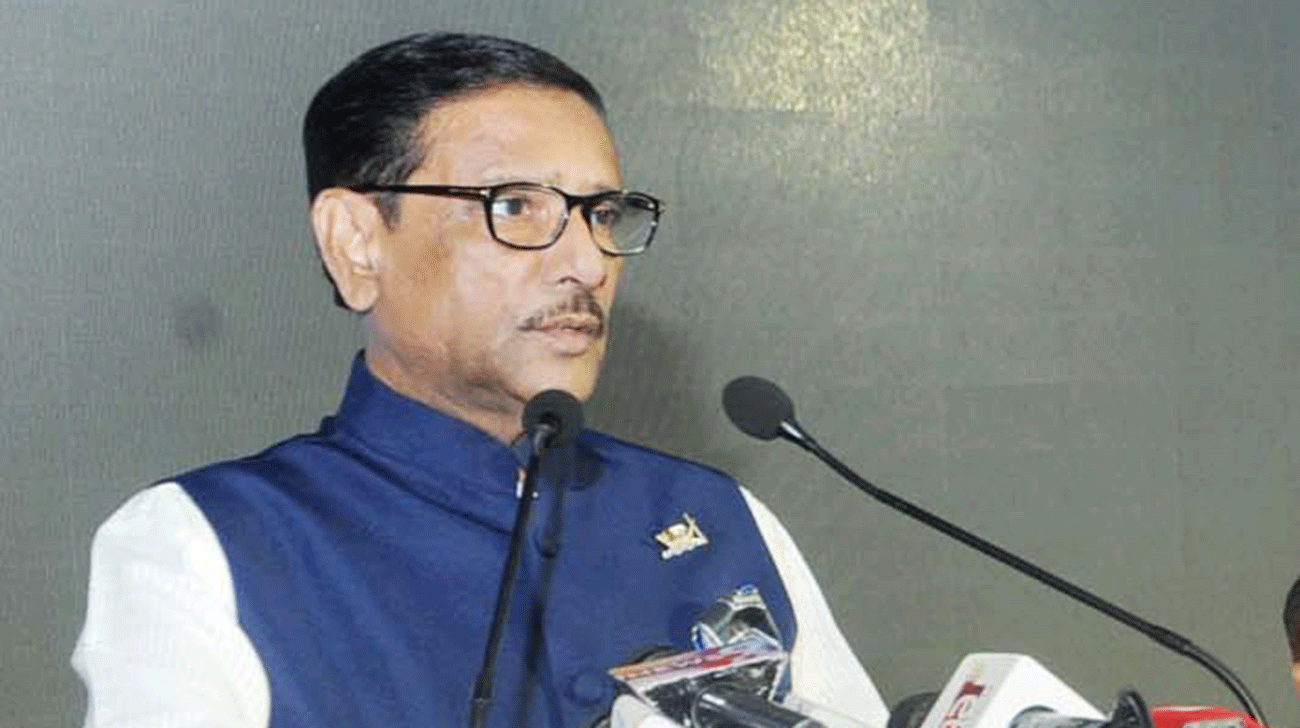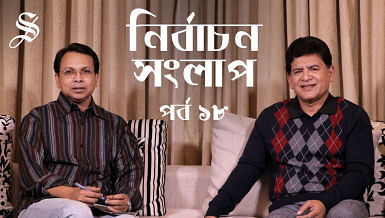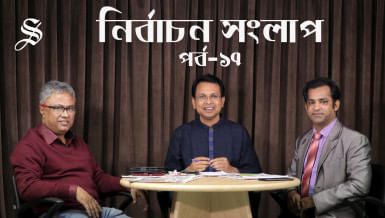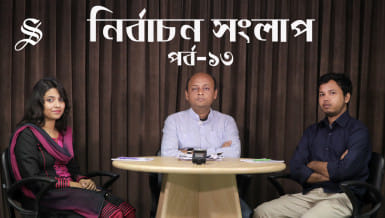Awami League (AL) General Secretary Obaidul Quader asked his party men not to be revengeful to the opponent political parties following the ruling alliance's big win in yesterday's general election.
“We will have to consolidate this win,” Quader said while changing views with AL members in Noakhali this morning.
Qauder won Noakhali-5 constituency bagging 2,52,744 votes, his nearest contestant Barrister Moudud Ahmed got 10,970 votes.
The AL-led Grand Alliance won 288 seats, whereas Oikyafront and BNP-led 20-Party Alliance bagged only seven seats and others three seats in the parliament.
11:27 AM, December 31, 2018 / LAST MODIFIED: 11:49 AM, December 31, 2018
Don’t be revengeful to opponents: Quader

Awami League General Secretary Obaidul Quader. File photo


 For all latest news, follow The Daily Star's Google News channel.
For all latest news, follow The Daily Star's Google News channel. 


Leave your comments